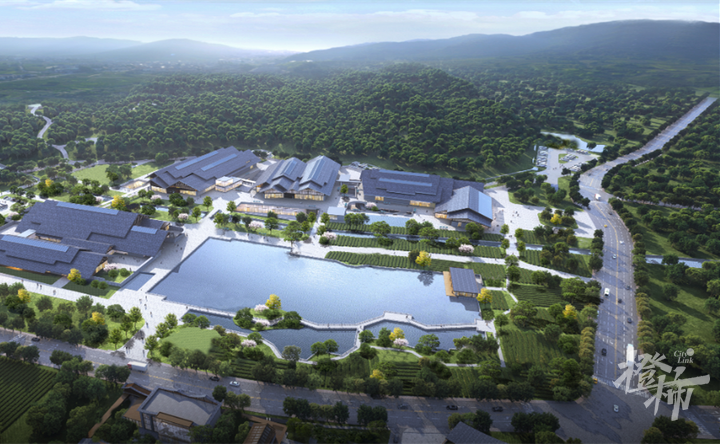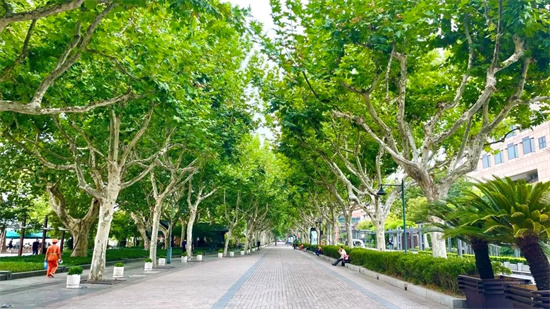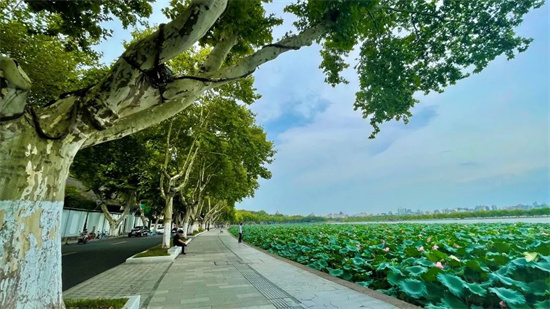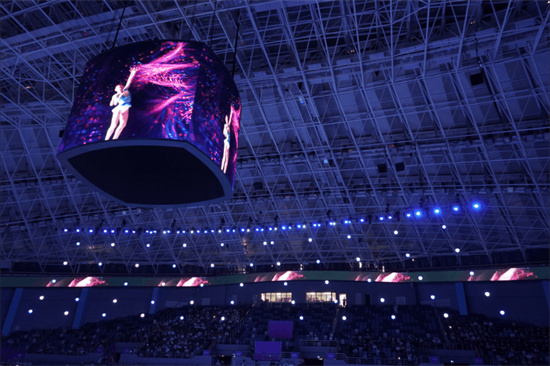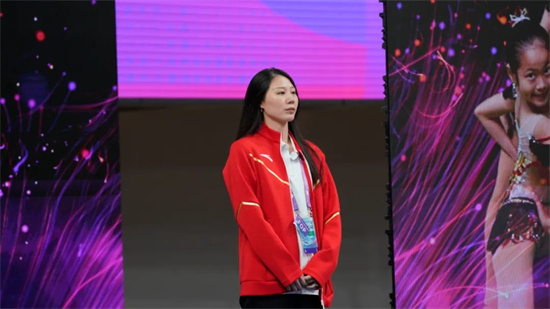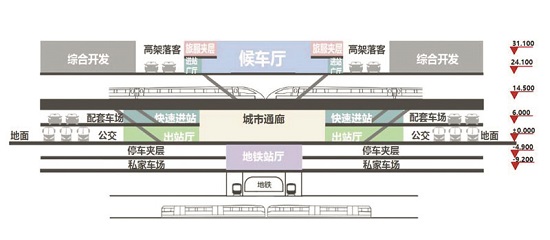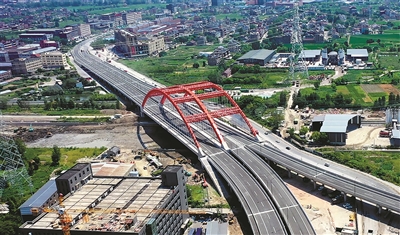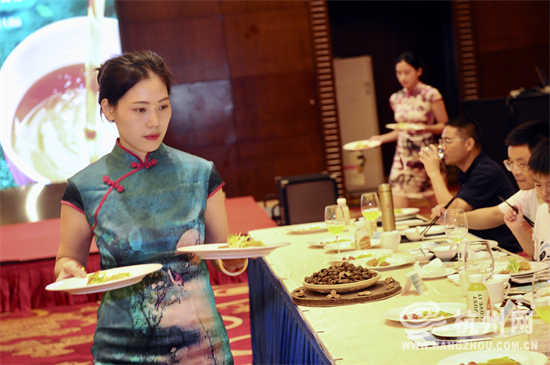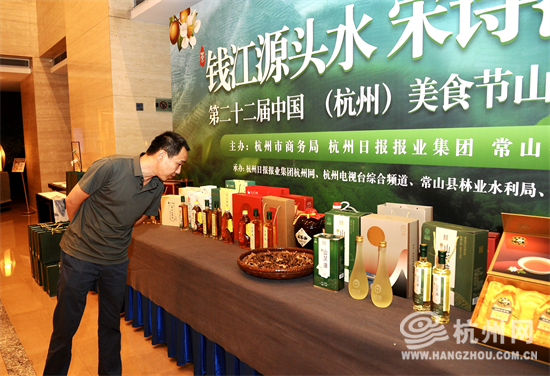Unlike most caregivers who work at hospitals or nursing homes, Yu Liya does her job in a refurbished RV equipped with a bathtub.
“I am a mobile bathing assistant,” the 40-year-old said. “We drive around and give baths to seniors who are incapacitated by age or illness.”
Teaming up with another professional bather and an experienced driver, Yu is more like a coordinator. After getting orders from clients, she takes note of their requests, adjusts the temperature, gives health assessments before the bath and even comforts those who are not used to being bathed by strangers.
“One bath usually takes 90 minutes,” Yu said. “We can serve four to six clients a day.”
Started in November 2020, the service is available in several residential communities in the Gongshu district of Hangzhou, Zhejiang province. More than 800 seniors have received the service, said project leader Li Ting. The service is provided by JiuJiu Zhu Lao, a local tech company dedicated to smart care for seniors.
A demanding job
Given the complex conditions and diverse needs of incapacitated seniors, providing bathing services is about far more than just cleaning bodies. For Yu, even though she is experienced in elder care, giving baths to seniors is still challenging.
“Bathing is a very private thing,” she said. “You need a good attitude and some strategies to help the elderly accept your service.”
One of the most difficult clients Yu has served is a paralyzed man. Because he couldn’t lift his feet to enter the RV, the bath was provided in his own house. “A bath in my own house costs 299 yuan!” she recalled him yelling repeatedly while glaring at the bathers.
Yu and her colleagues tried to soothe him. They called four assistants to lift him gently from his bed with a towel, laid him in an inflatable tub, helped him take off his clothes one piece at a time, covered his private parts as he requested and scooped warm water to rinse his body.
After replacing the bathwater four times, the job was done. Yu noticed tears in the old man’s eyes. “I understood why he was bad-tempered,” she said. “It’s his illness that made him moody, not us.”
Yu always tries to build good relationships with her clients. Many see her as a daughter. They remind Yu of her father’s situation. He has been bedridden since a car accident. “For me, the interaction with them is more precious than money,” Yu said.
Assisted bathing services for elders can also be found in cities such as Beijing, Shanghai, Nanjing and Chongqing.
